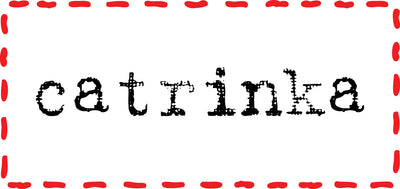"For only $100, you can empower a woman in India... Or you can send a chicken." - Rafia Zakaria, "The Myth of Women's Empowerment", New York Times
I find this article worth a conversation. On the one hand it is cringe-inducing with its unvarnished take on rich white Western women trying to save their poorer, browner sisters. On another I believe it is unduly harsh on those who seek to help - first of all, they are trying, and I find it really frustrating when people choose to attack those who actually do something with good intentions and ignore those who are complacent or downright obstructionist. Second of all, they are doing what they can - financing an empowerment tool, be it a chicken or a sewing machine, is an option for an individual - fomenting a gender revolution so that women's political rights are respected is not. And the latter is a lot more complicated to do from afar, from outside the culture, than is sending money or resources. Those who contribute in the way the article criticizes are doing what they can, and being engaged. And fundamentally, history shows that economic independence creates the conditions to demand political freedoms, not the other way around.
The article brought to mind a conversation I had with someone who works on the ground with indigenous communities in Chiapas, in the textile space, over the summer - he said that he started out working for a development organization doing women's empowerment workshops, but he realized that they were completely ineffectual. The indigenous Mayan women who came to the workshops, when consulted months later about their impact, would say it was zero. Why? Because no matter what they taught in the workshops, when they left them these women went back to their reality - one that did not allow for a lot of the "empowerment" the workshops taught that they should expect, one that was limited by the expectations of the men in their lives and the culture they lived in. Those workshops had no impact on the women's culture - on their real lives.
What does change cultures from within is women's increased earning power - we wrote a blog about a really powerful story like that from one of our partner artisan groups in Uzbekistan. Women earning money for the first time and increasing their earning can create challenges - both good and bad - but makes it possible for them to change their status within the family and the community for the better.
When I founded Catrinka I chose to focus on offering fair work opportunities so that the women who participated could increase their income, and on celebrating all of the women artisans in our community with dignity and respect. We don't tell maudlin stories about victims, but we do try not to sugar coat it either - sometimes the truth is hair-raising. We are focused on achieving economic independence and financial empowerment. There is so much more than money holding women back in the world, and to be truly impactful and inclusive I would love for my business to engage the artisans in many more aspects of the business; for them to direct much more of their work and participate in training to expand their capabilities; and for us to offer social support services - alone or through partners - the financial, health care and other services key to their truly being able to take charge of their own lives, which is our goal for all women and girls.
For now we lack the resources to deliver on that vision. But I note that it does not include working in the political arena to make change on the ground - primarily because I do not see it as my place, as a foreigner, and for the same reason I don't expect I would be effective. The political revolution the article calls for is something bigger than any of us individuals and yet won't be accomplished without all of us. I would love to see from the author suggestions about ways the development community or others in this space - there are a lot of us who are not development professionals - can work in a sensitive and appropriate way across national and cultural boundaries to offer the tools and support for women to shape their own political environment and empower themselves.

